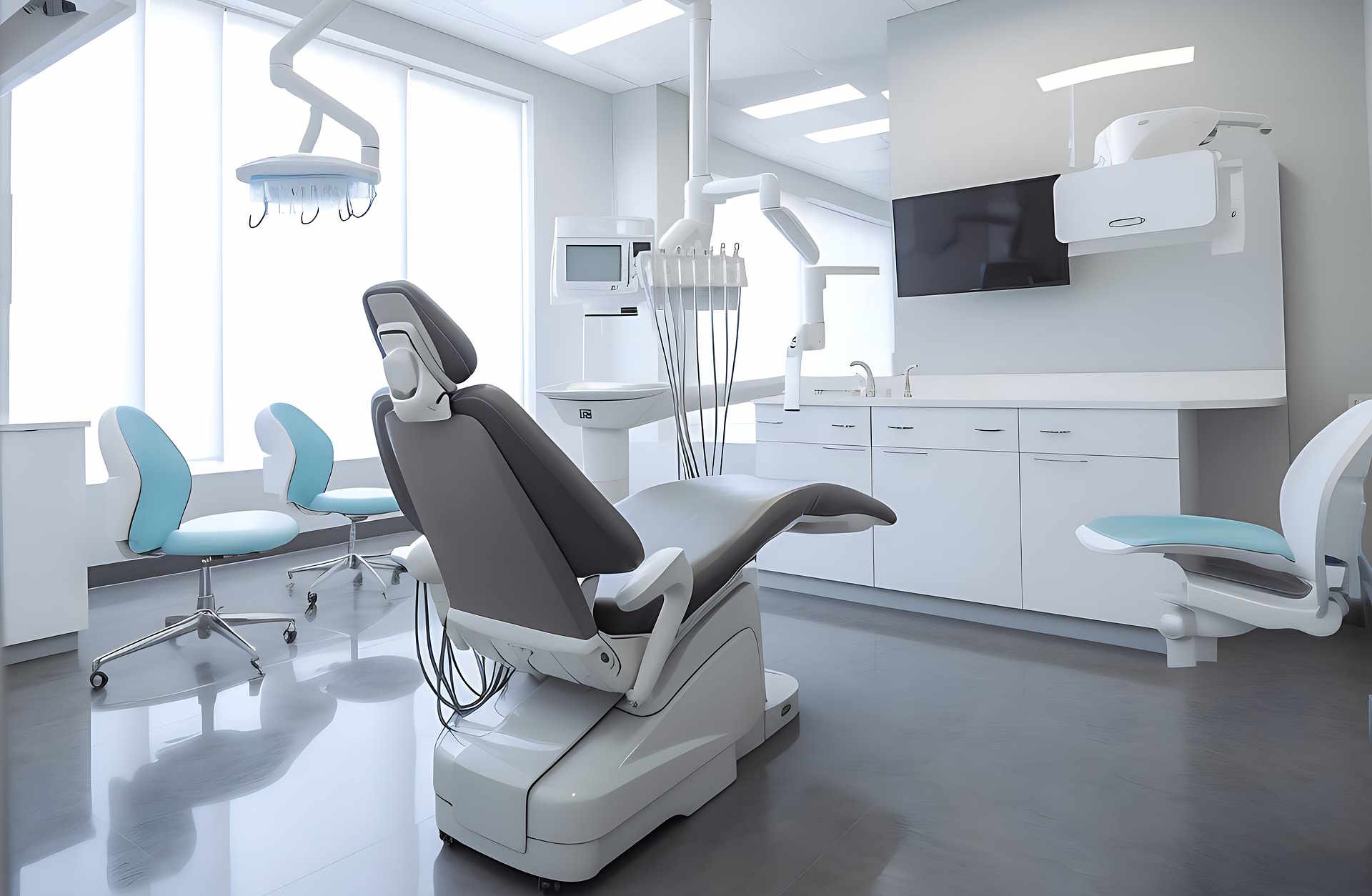Choosing a Senior-Friendly Dentist in 2025: What to Look For
Dental care becomes even more important as we age—but not every dentist is equipped to meet the unique needs of older adults. From managing dentures and dry mouth to treating gum disease or age-related tooth sensitivity, senior-friendly dentists specialize in providing gentle, personalized care. In 2025, the best dentists for seniors offer accessible offices, advanced technology, and compassionate communication tailored to aging patients. This guide will help you know what to look for when choosing a senior dentist, so you or your loved ones can maintain a healthy, confident smile well into the golden years.
As dental health needs evolve with age, selecting a dentist who understands and addresses the specific challenges seniors face becomes essential. From managing chronic conditions that affect oral health to ensuring physical accessibility, senior-friendly dental practices prioritize patient comfort and comprehensive care. This guide explores the key factors to consider when choosing a dentist who can meet the unique requirements of older adults in 2025.
What Makes a Dentist Truly Senior-Friendly?
A senior-friendly dentist goes beyond providing standard dental services by recognizing the unique challenges older patients encounter. These practitioners understand that aging often brings conditions like dry mouth, gum disease, tooth sensitivity, and bone loss, which require specialized attention. They also recognize that many seniors take multiple medications that can impact oral health, necessitating careful coordination with other healthcare providers.
Senior-friendly dentists typically demonstrate patience and clear communication, taking extra time to explain procedures and treatment options in understandable terms. They often have experience working with patients who may have hearing impairments, vision challenges, or cognitive changes. Additionally, these practitioners understand the financial constraints many seniors face and work to provide cost-effective treatment plans that prioritize essential care while offering flexible payment options when possible.
Which Special Services Should Senior Dental Practices Offer?
Comprehensive senior dental practices provide services that address age-related oral health concerns. These typically include periodontal disease management, as gum disease becomes more prevalent with age. Restorative services like dentures, bridges, and implants help maintain function and quality of life for those who have experienced tooth loss.
Many senior-focused practices offer specialized treatments for dry mouth, a common side effect of medications, and provide oral cancer screenings, which become increasingly important with age. Some practices also coordinate care with medical providers to manage conditions like diabetes or heart disease that have oral health implications. Mobile dental services or home visits may be available for patients with limited mobility, ensuring continuity of care regardless of physical limitations.
How Important is Office Accessibility and Comfort?
Physical accessibility can make the difference between regular dental care and avoided appointments. Senior-friendly dental offices prioritize features like ground-level or elevator access, wide doorways that accommodate wheelchairs and walkers, and accessible parking close to the entrance. Waiting rooms should offer comfortable seating with armrests for easier standing, and restrooms should be equipped with grab bars and adequate space for mobility devices.
Beyond physical access, comfort considerations include appointment scheduling that allows extra time for patients who move more slowly or need additional explanations. The office environment should be calm and well-lit, with clear signage and minimal background noise to accommodate those with hearing or vision impairments. Staff training in senior care, including understanding dementia and other age-related conditions, contributes significantly to a welcoming environment.
What Should You Ask During the Initial Consultation?
The first visit provides an opportunity to assess whether a dental practice meets your needs. Important questions include asking about the dentist’s experience treating older adults and their familiarity with age-related oral health conditions. Inquire about how the practice coordinates with other healthcare providers and whether they can accommodate special needs like extended appointment times or assistance with mobility.
Ask about the range of services offered in-house versus those requiring referrals, as continuity of care in one location can be beneficial. Discuss payment options, insurance acceptance, and whether the practice offers payment plans for extensive treatments. Questions about emergency care availability and how the practice handles urgent situations outside regular hours are also important. Finally, ask about the technology and techniques used, as modern equipment can often make procedures more comfortable and efficient.
What Are the Latest Technologies Benefiting Senior Dental Care?
Technological advances in dentistry have made treatments more comfortable, efficient, and accessible for seniors. Digital X-rays reduce radiation exposure while providing clearer images that help detect problems early. Intraoral cameras allow patients to see what the dentist sees, making it easier to understand treatment recommendations.
Laser dentistry offers less invasive alternatives for certain procedures, reducing discomfort and healing time. CAD/CAM technology enables same-day crowns and restorations, eliminating multiple appointments that can be challenging for seniors with transportation difficulties. Electric handpieces operate more quietly and smoothly than traditional drills, reducing anxiety during procedures. Sedation options, from mild oral sedatives to IV sedation, help patients with dental anxiety or difficulty sitting for extended periods receive necessary care comfortably.
Finding the Right Fit for Your Dental Health Needs
Selecting a senior-friendly dentist involves evaluating multiple factors beyond clinical expertise. Consider the location and ease of access, as regular appointments become more feasible when the office is conveniently located. Read reviews from other senior patients to gain insight into their experiences with the practice. Schedule a consultation visit to meet the dentist and staff, assess the office environment, and determine whether the practice feels welcoming and accommodating.
Trust your instincts about whether you feel comfortable and respected during interactions with the dental team. A good senior-friendly dentist will listen to your concerns, respect your preferences, and work collaboratively to develop a treatment plan that aligns with your health goals and lifestyle. Building a long-term relationship with a dentist who understands your evolving needs ensures consistent, quality care throughout your senior years.
This article is for informational purposes only and should not be considered medical advice. Please consult a qualified healthcare professional for personalized guidance and treatment.





